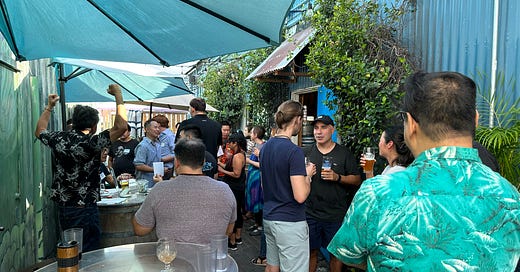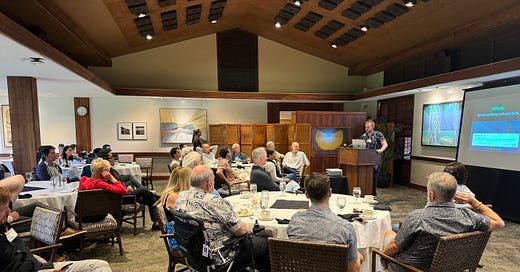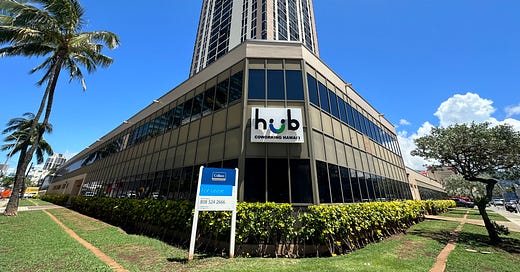Journalist Shield Law Extension Advances
The House Judiciary Committee today unanimously voted to advance a bill that would remove the sunset provision in Hawaii's so-called "Journalist Shield Law," otherwise known as Act 210 (HB2557) from the 2008 Legislative session.
The law gives the press ("journalists and newscasters") some protections against being forced to reveal sources or unpublished information gathered in the course of their work.
As I blogged at the time, I was among many who submitted testimony in support of the original law. And I had specifically advocated that it be extended to cover bloggers, not just professional journalists. You can read my 2008 testimony here [PDF], or the official compilation of testimony here [PDF].
Fortunately, the final law did leave room for bloggers by recognizing electronic media, emphasizing public dissemination in the public interest, and including writers who function "materially similar or identical to that of a journalist or newscaster."
I'm not sure if my testimony helped convince lawmakers to make room in the law for bloggers, but I'd like to think so.
Alas, the law also included a sunset provision. The bill that passed the Judiciary Committee today, HB1376, basically makes the shield law permanent by removing its June 30, 2011 expiration date.
HB1376 was introduced by Rep. Blake Oshiro, who led the passage of the original shield law. The 13 additional Representatives on the committee voted in favor today as well, with Reps. Mele Carroll and Ken Ito excused.
The Hawaii State Judiciary urged the committee [PDF] to defer action, saying the matter should be handled by the Supreme Court’s Standing Committee on Rules of Evidence.
But several people testified in favor of making the shield law permanent, according to Stirling Morita, president of the Hawaii chapter of the Society of Professional Journalists. He said in an email that in addition to SPJ Hawaii, advocates included the ACLU, UH journalism professor Gerald Kato (with whom I am collaborating on a 400-level course this semester), and attorney Jeff Portnoy.
"This limited news media privilege against the compelled disclosure of sources and unpublished information has successfully protected a journalist and a documentary film producer in Hawaii since it was enacted two years ago," wrote SPJ Hawaii Vice President Nancy Lauer. "More importantly, it has stood as a model for other states and a beacon to a free press, preventing untold subpoenas and threats to the exercise of journalistic endeavors."
The case Lauer cited took place in 2009, when a Kauai Circuit Court Judge ruled that documentary filmmaker Keoni Alvarez could not be forced to reveal his unpublished work or his confidential sources.
The bill to make the shield law permanent next goes to the floor of the House for a full vote. Whether you're for or against it, there's still time to submit testimony.










